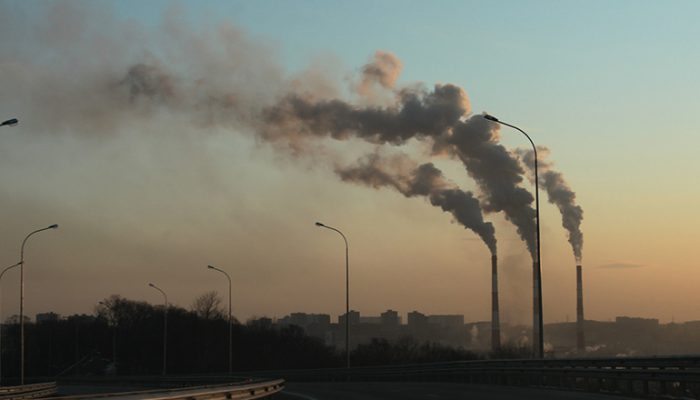Magnetic Liquids Are Helping to Reduce Co2 Emissions and Improve Climate Protection
Magnetic liquids improve energy efficiency of buildings Science Daily, January 16, 2018 Climate protection and the reduction of carbon dioxide emissions have been on top of global development agendas. Accordingly, research and development projects have been conducted on national and international levels, which aim for the improvement of the CO2-footprint in diverse processes. Apart from … Read more

